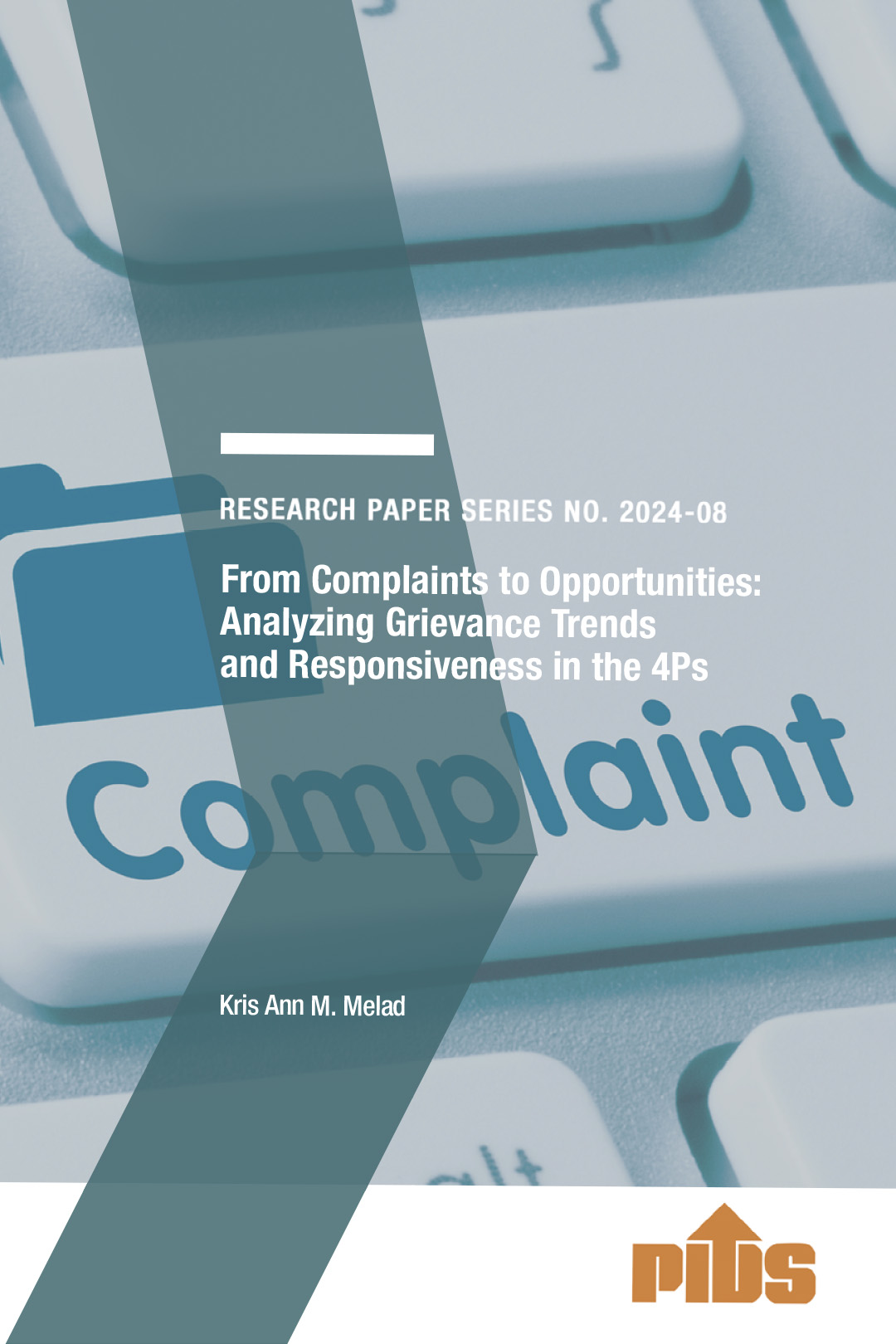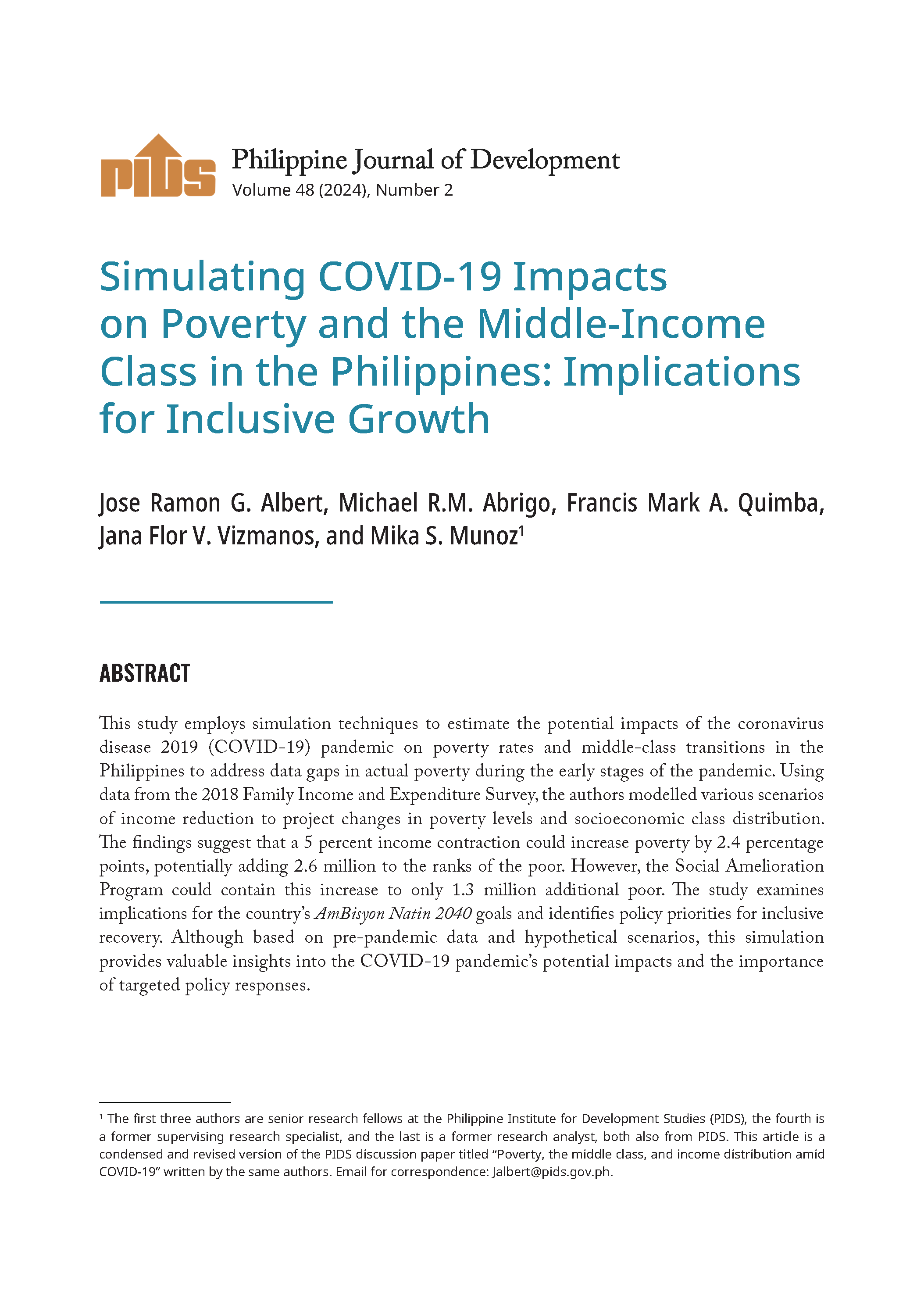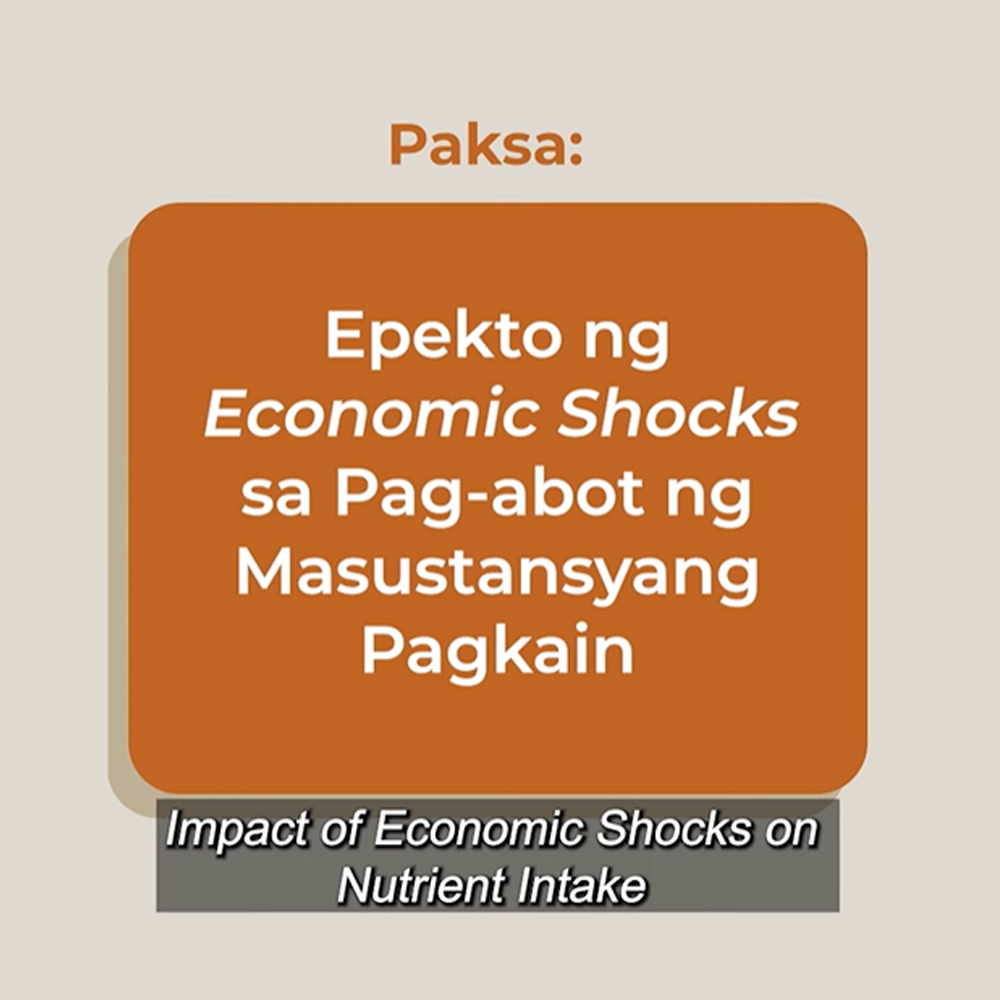THE steady rise in commodity prices has prompted local economists to flag the need for the government to implement “short-term interventions” to discourage profiteering and help Filipinos cope with high inflation.
On Tuesday the Philippine Statistics Authority (PSA) said inflation accelerated to 4.6 percent in May, from 4.5 percent in April and 2.9 percent during the same month last year.
Short-term direct government interventions could include putting in place price controls and extending subsidies to stop the surge in prices and discourage profiteering, according to University of Asia and the Pacific School of Economics Dean Cid Terosa.
“An all-out war against profiteering can be waged by the government. Direct government intervention in the supply of all basic necessities can help in the short run as well,” Terosa told the BusinessMirror in an interview.
“Direct intervention will include price controls, beefing up buffer stocks, subsidies, and the like. But all these can lead to market inefficiencies in the medium to long run,” he added.
PSA data showed inflation in January to May averaged 4.1 percent, higher than the 2-percent to 4-percent inflation target set by the Bangko Sentral ng Pilipinas this year.
Terosa said inflation will likely accelerate in months ahead as the rainy season brings supply constraints that in turn could jack up the prices of certain commodities. Hiking the minimum wage would also hasten inflation, he said.
Ateneo Eagle Watch Fellow Leonardo A. Lanzona Jr. also told the BusinessMirror that the increase in inflation will still be fueled by higher pump prices.
Lanzona said these are tied to international events, such as the Organization of the Petroleum Exporting Countries’ decision to cut production this year and Trump’s withdrawal from the Iran nuclear deal.
To address inflation in an “overheating” economy like the Philippines, he said the BSP must raise interest rates to keep inflation in check.
“Inflation is real. It will not go away even if we suspend the Tax Reform for Acceleration and Inclusion [TRAIN]. We need to look forward, not backward,” Lanzona said.
Philippine Institute for Development Studies Senior Research Fellow Roehlano Briones said inflation may peak at 5 percent this year. To help ease commodity prices, Briones said he agrees with the President’s economic team on the need to convert the quantitative restriction on rice into tariff.
“Tariffication will surely help. Rice prices may fall below P30 per kilogram,” he said.
With Marc Wyxzel de la Paz
On Tuesday the Philippine Statistics Authority (PSA) said inflation accelerated to 4.6 percent in May, from 4.5 percent in April and 2.9 percent during the same month last year.
Short-term direct government interventions could include putting in place price controls and extending subsidies to stop the surge in prices and discourage profiteering, according to University of Asia and the Pacific School of Economics Dean Cid Terosa.
“An all-out war against profiteering can be waged by the government. Direct government intervention in the supply of all basic necessities can help in the short run as well,” Terosa told the BusinessMirror in an interview.
“Direct intervention will include price controls, beefing up buffer stocks, subsidies, and the like. But all these can lead to market inefficiencies in the medium to long run,” he added.
PSA data showed inflation in January to May averaged 4.1 percent, higher than the 2-percent to 4-percent inflation target set by the Bangko Sentral ng Pilipinas this year.
Terosa said inflation will likely accelerate in months ahead as the rainy season brings supply constraints that in turn could jack up the prices of certain commodities. Hiking the minimum wage would also hasten inflation, he said.
Ateneo Eagle Watch Fellow Leonardo A. Lanzona Jr. also told the BusinessMirror that the increase in inflation will still be fueled by higher pump prices.
Lanzona said these are tied to international events, such as the Organization of the Petroleum Exporting Countries’ decision to cut production this year and Trump’s withdrawal from the Iran nuclear deal.
To address inflation in an “overheating” economy like the Philippines, he said the BSP must raise interest rates to keep inflation in check.
“Inflation is real. It will not go away even if we suspend the Tax Reform for Acceleration and Inclusion [TRAIN]. We need to look forward, not backward,” Lanzona said.
Philippine Institute for Development Studies Senior Research Fellow Roehlano Briones said inflation may peak at 5 percent this year. To help ease commodity prices, Briones said he agrees with the President’s economic team on the need to convert the quantitative restriction on rice into tariff.
“Tariffication will surely help. Rice prices may fall below P30 per kilogram,” he said.
With Marc Wyxzel de la Paz












